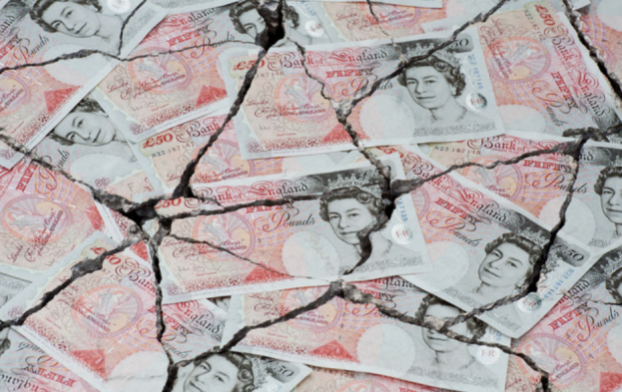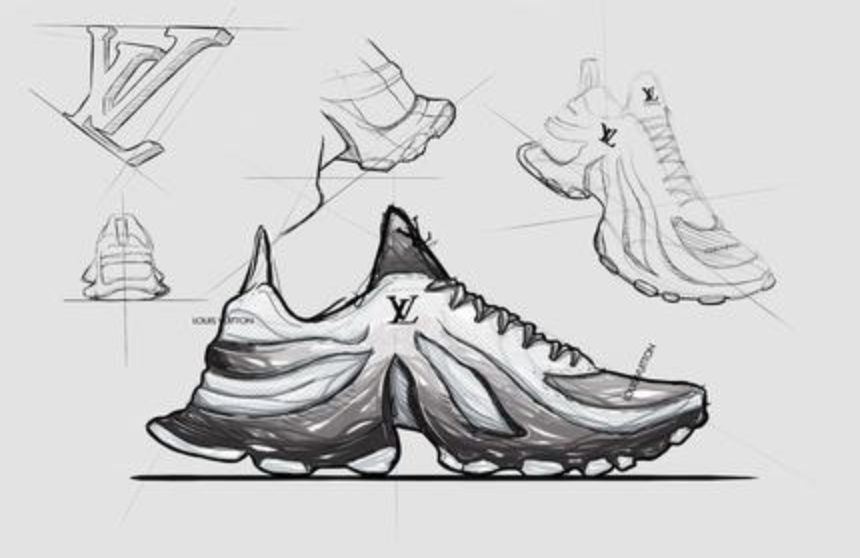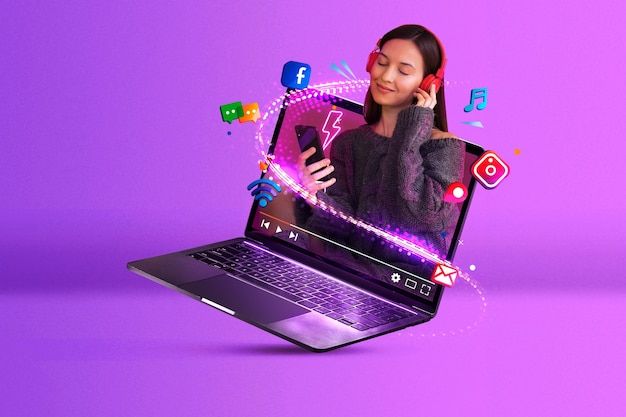Privacy as Luxury: In Data Leak Times
In a time when daily news stories highlight data breaches that lay bare everything from banking information to private discussions, privacy has transitioned from a fundamental entitlement to a prized luxury. For thoughtful consumers, safeguarding their most private data transcends mere protection; it involves maintaining their independence, standing, and those tranquil instances in life that genuinely belong to them. This emerging luxury focuses not on extravagant devices, but rather on gaining control, ensuring exclusivity, and experiencing the reassurance that accompanies the knowledge that your data remains protected.

Biometric Guardians: Your Body as the Key
Passwords are becoming outdated for those who value their privacy; biometric technology is advancing past just fingerprints. Envisage a smartwatch that unlocks your gadgets using your heartbeat's distinctive rhythm or a home security system that identifies you by your voice and breathing patterns to allow access. These biometric indicators cannot be duplicated and remain with you, thus removing the threat of compromised credentials. For affluent individuals, security is tailored to be as individual as they are, merging ease of use with robust protection.

Data Anonymization as a Service
Affluent individuals are engaging companies to obscure their online presence. These services eliminate personal information from public databases, generate false identities for online activities, and even redirect marketing analytics to fake accounts. A corporate executive might utilize an anonymous email for market analysis, ensuring their interests cannot be traced back to them by rivals. A well-known personality may employ a team to erase their residential address from data aggregation websites, avoiding unwanted scrutiny. It is akin to having a virtual bodyguard that protects your identity from invasive eyes.
Private Networks: Your Own Digital Bubble
Basic VPNs are insufficient—premium users are channeling resources into personal, exclusive networks. These "closed-loop" systems provide internet access via a secure, private server, obstructing any external attempts to observe your online behavior. Picture globetrotting while being able to tap into your home security cameras, banking applications, and private documents without concern for public Wi-Fi threats. Some services even offer round-the-clock security teams that actively watch for potential breaches, ready to neutralize dangers before they can reach you.
Sensible consumers are selecting technology companies that prioritize privacy over profitability. A high-end smartphone manufacturer might decline to monetize user information for advertisers, even at the expense of profits. A company producing fitness trackers may create gadgets that keep health data stored locally on the device rather than in cloud storage. These brands do more than just advertise privacy—they incorporate it into each product, with clear policies and third-party audits to verify their practices. For consumers, this means choosing to partner with companies that uphold their principles alongside their financial interests.
Privacy: The Ultimate Status Symbol
In an era where personal data is readily available, privacy has evolved into the highest indicator of status. It represents the privilege of making a phone call without concerns about eavesdropping, of shopping online without being bombarded by targeted advertisements, of leading a life on your own conditions. For wealthy individuals, it transcends merely safeguarding assets; it embodies self-protection. In this age of data breaches, privacy is not merely a desired state; it is a worthwhile investment. And for those who possess the means, it is entirely worth the expense.

(Writer:Dirick)





